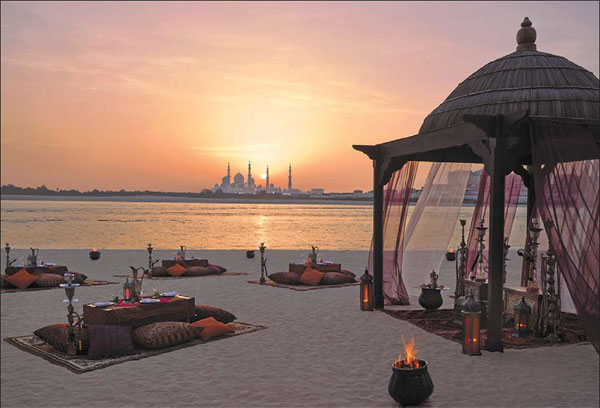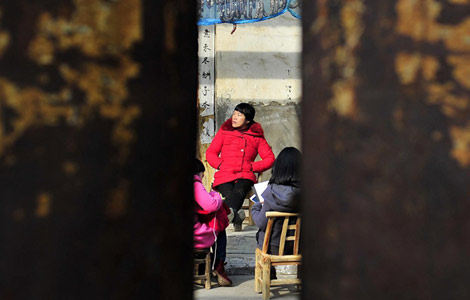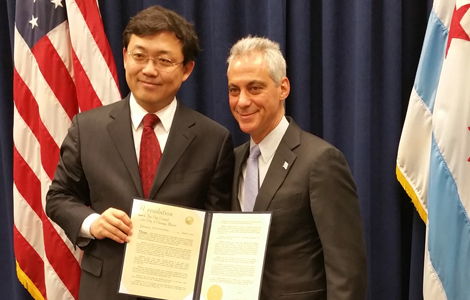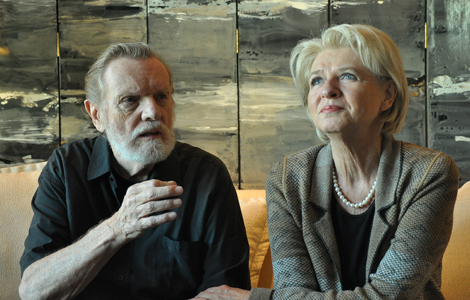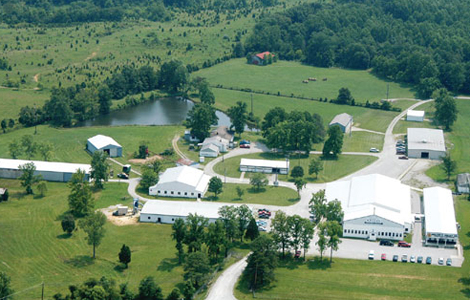Asian hospitality in Abu Dhabi
Updated: 2015-01-31 08:04
By Liu Weifeng(China Daily)
|
||||||||
|
Dining on the beach at the Shangri-La hotel in Abu Dhabi with a view of Sheikh Zayed Grand Mosque. Provided to China Daily |
|
The exterior of Shangri-La Hotel, Qaryat Al Beri, Abu Dhabi, which opened in 2007. provided to China Daily |
Enjoy engaging moments in a magical Arabian style at Shangri-La Hotel, Qaryat Al Ber, Liu Weifeng reports
Eight years ago, an 8.5-hectare area of an Arabian desert island was transformed in just 24 months to somewhere that now shines on the international tourism stage.
Abu Dhabi as a whole is embracing the future by positioning itself as a world-class destination with tourist, business and cultural projects while maintaining a deep-seated respect for tradition and culture.
The namesake movie of popular American TV drama Sex and City was filmed in the fashionable and glamorous metropolis.
Shangri-La Hotels and Resorts eyed up the region's potential and geographic advantage in the Gulf a decade ago. The group opened one of its going-global hotels in August 2007, known as Shangri-La Hotel, Qaryat Al Beri, Abu Dhabi.
Rising from the sand in a magical Arabian style, the 214-room hotel overlooks the majestic Sheikh Zayed Grand Mosque.
"Shangri-La hospitality and the company's services are No 1 in Asia and we are reflecting the same hospitality services in Abu Dhabi by creating engaging moments straight from our heart," said Thomas Guss, general manager of the hotel.
Shang Palace, Shangri-La's signature restaurant, was named the best Chinese restaurant in Abu Dhabi, according to Guss, who worked at the Xi'an Shangri-La before taking up his current post.
He said his China experience helped him understand the Chinese culture and way of life and gave him in-depth knowledge of Chinese likes and dislikes and some of the stark cultural differences.
"It offered me a new outlook on what true Asian hospitality is all about. It also greatly developed my skills in understanding of Shangri-La and its core values as an Asian company," the German hotelier said.
Chinese guests account for about 10 percent of visitors at the Shangri-La in Abu Dhabi.
They are made to feel at home during their stay with the help of in-room Chinese amenities. About 20 Chinese staff work at the hotel, mostly in the Shang Palace restaurant.
The Qaryat Al Beri area not only houses the main Shangri-La hotel but also Shangri-La villas with private pools, Shangri-La residences, the Traders Hotel and a souk with 62 shops. The property cluster is owned by the Al Jaber Group.
The majority of guests, for both overnight stays and dining, are local, according to the hotel.
"As a Chinese company, the hotel has been offering Chinese language services since it opened," said Twinky Posa, communications manager of the hotel.
For seven years in a row, the hotel has hosted dragon boating events on its private beach.
"The water sport has become a household term associated with the Shangri-La Hotel. It is our way to share the Chinese culture and engage with the community," said Posa. Hotel staff take part in the races as competitors and the local community turn out to watch.
The sport, which originated in southern central China, goes back 2,500 years.
Dragon boating promotes sportsmanship, team spirit, friendship, fun and advocates a healthy lifestyle, Posa said.
Food and drink, from the hotel's seven restaurants, contribute about 40 percent of the hotel's total revenue. The all-day dining option is the most popular among local guests and includes both local and international dishes buffet style.
Fifty-five years ago, Abu Dhabi had a population of 15,000 people. Everyday life used to involve traditional Bedouin activities of camel herding, small-scale agriculture and pearl trading.
By 2013, the city was home to 921,000 people. As the largest of the seven United Arab Emirate members, Abu Dhabi is the second most populous city and political and cultural center in the UAE. It covers more than 85 percent of the country's total landmass, including 700 kilometers of coastline and 200 offshore islands.
In 1958, oil was discovered in the city and during the following 40 years Abu Dhabi became a wealthy metropolis filled with gardens and skyscrapers.
The city is now identifying, developing and launching sustainable projects that capitalize on its natural resources while preserving the environment.
Priority was given not only to future development but also to rediscovering the past through archaeology, the restoration of buildings and museums and establishing indigenous wildlife parks.
Contact the writer at liuweifeng@chinadaily.com.cn
Most Viewed
Editor's Picks

|

|

|

|

|

|
Today's Top News
Head of China Minsheng Bank resigns
78% of China's luxury spending done overseas
Mexico suspends high-speed train project
Alibaba may face class-action suit
MH370 verdict reached
No change in Sino-US military ties
US law firms review Alibaba's fakes issue
US wants fair trade with China
US Weekly

|

|
